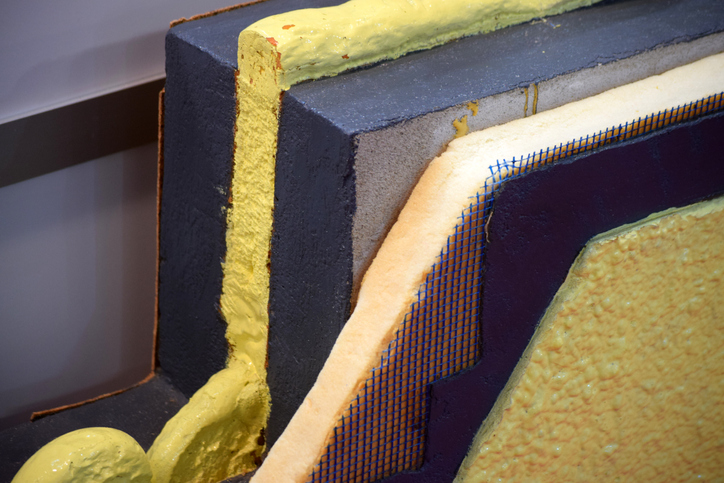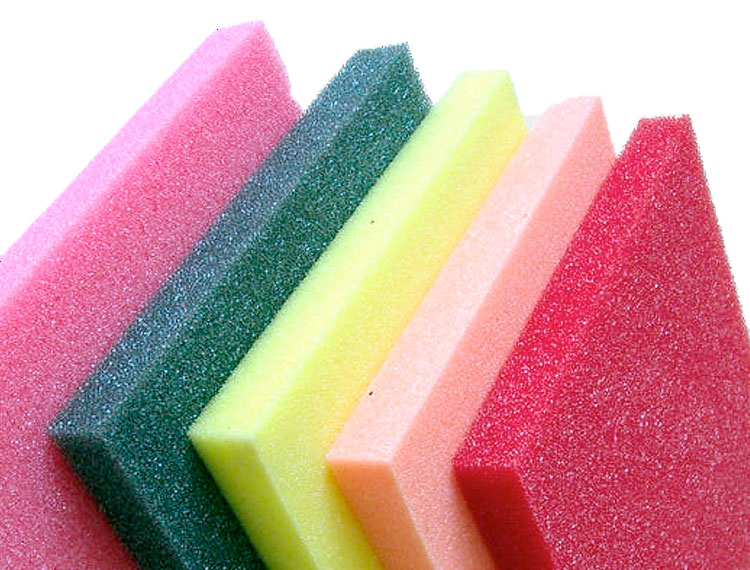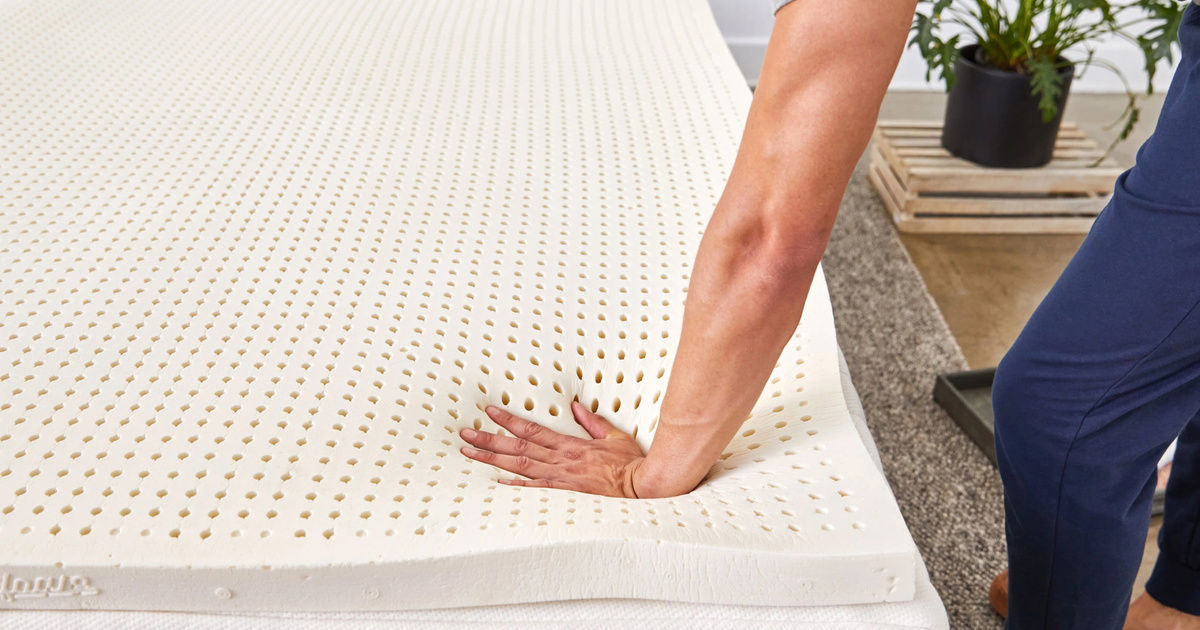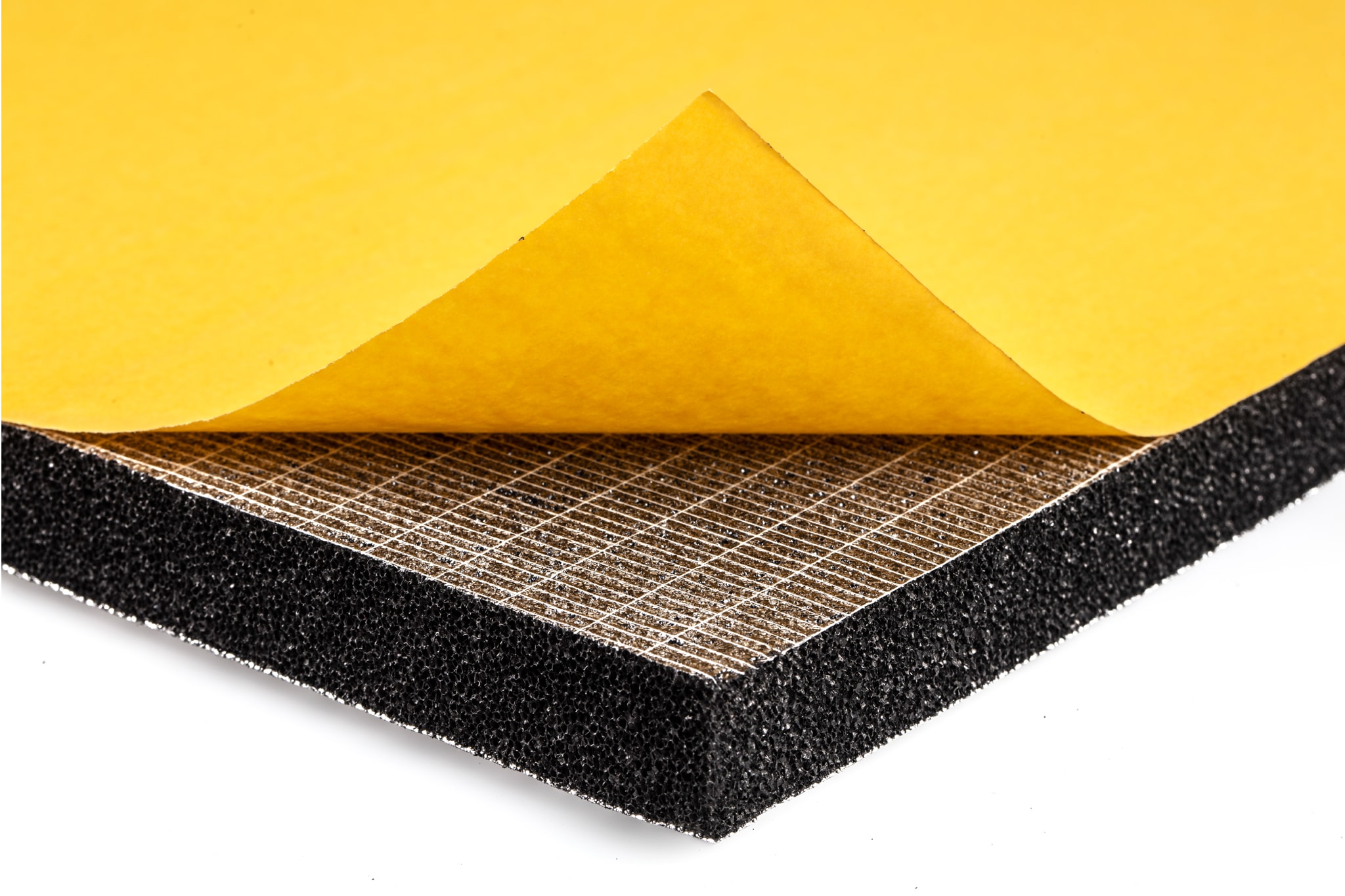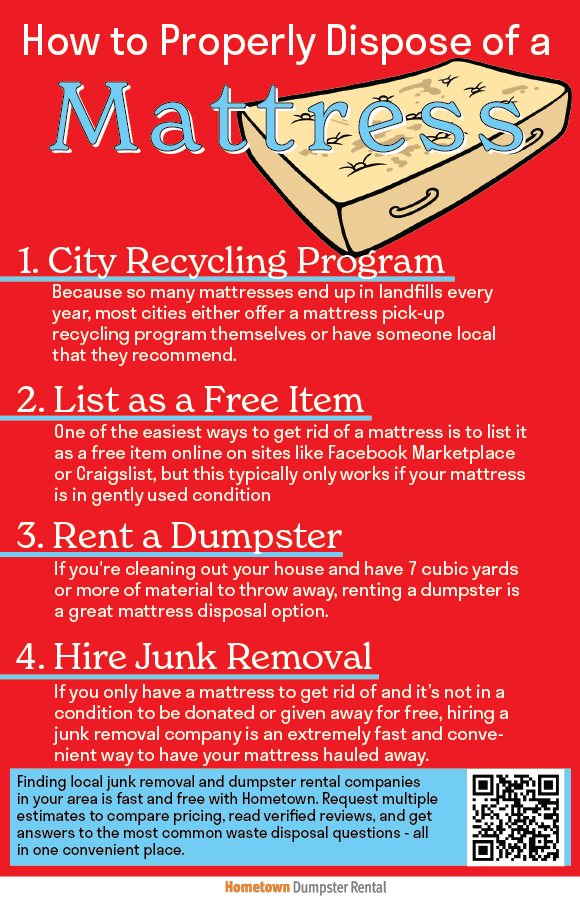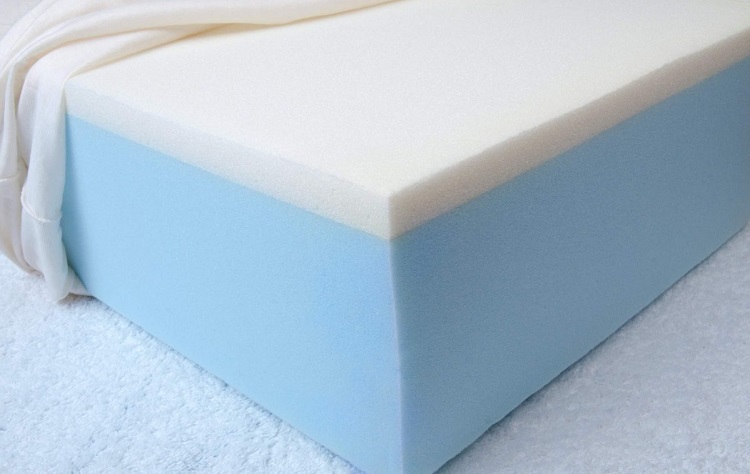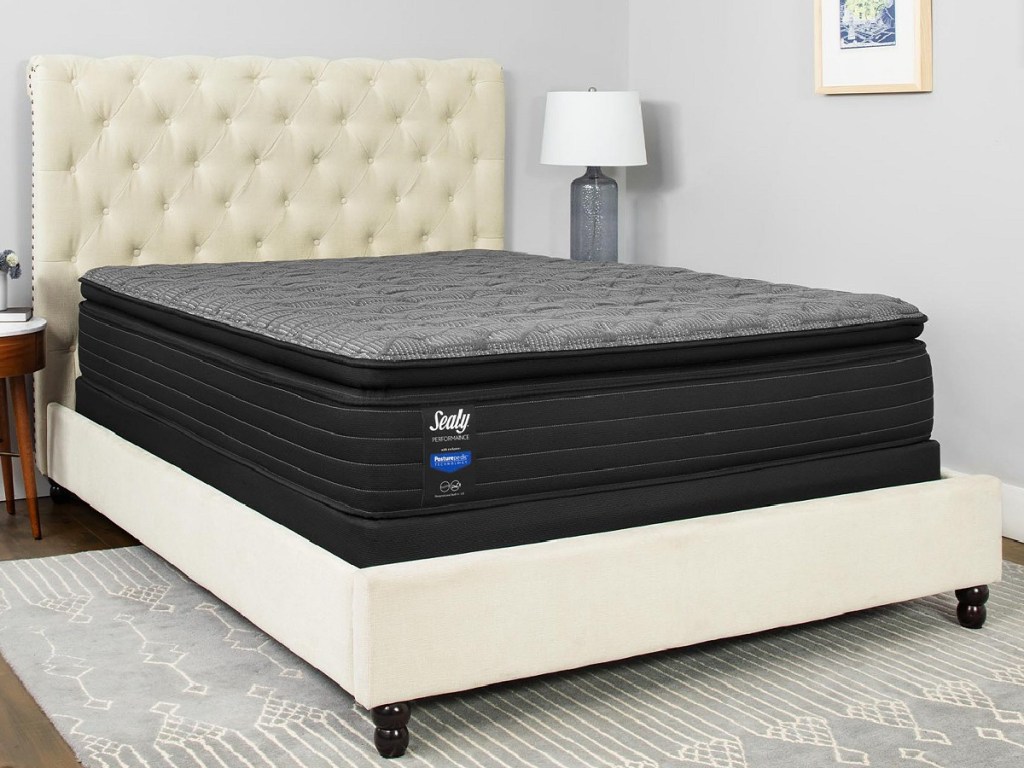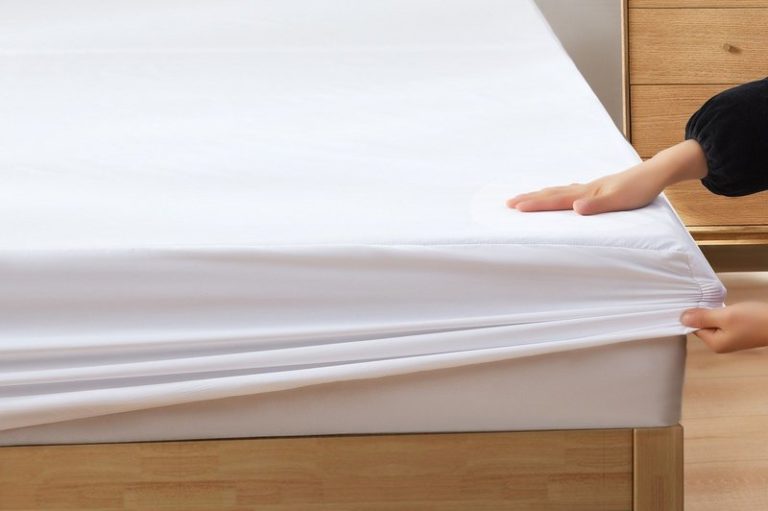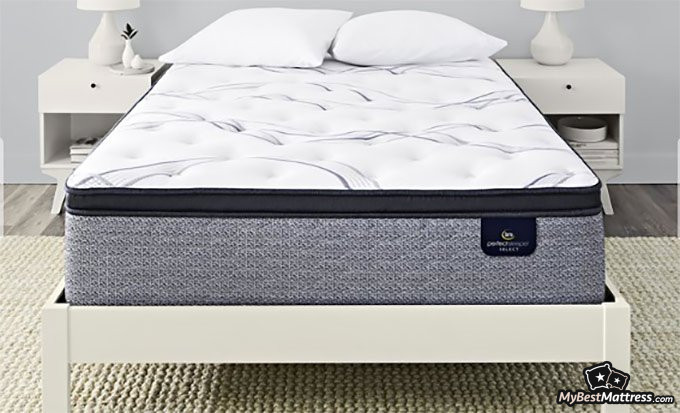Are you in the market for a new mattress? If so, you may have come across the term "off-gassing" in your search. But what exactly is off-gassing, and why is it a concern? In this article, we'll delve into the topic of off-gassing in relation to polyurethane foam mattresses and provide you with the information you need to make an informed decision about your next mattress purchase.Polyurethane Foam Mattress Off-Gassing: What You Need to Know
Polyurethane foam mattresses have become increasingly popular due to their affordable price and comfort level. However, they also come with a hidden danger: off-gassing. Off-gassing refers to the release of volatile organic compounds (VOCs) from certain materials, such as polyurethane foam. These chemicals can cause a range of health problems, including respiratory irritation, headaches, and even organ damage.The Dangers of Polyurethane Foam Mattresses
While it may be impossible to completely eliminate off-gassing from a polyurethane foam mattress, there are steps you can take to reduce its effects. One option is to choose a polyurethane foam mattress that is certified by CertiPUR-US®, which ensures that the foam has been tested for harmful levels of chemicals. You can also look for mattresses made with plant-based or natural materials, which tend to have lower levels of off-gassing.How to Reduce Off-Gassing from Your Polyurethane Foam Mattress
So, what exactly are these chemicals that are off-gassing from polyurethane foam mattresses? The primary culprits are known as isocyanates, which are used in the production of polyurethane foam. These chemicals can break down over time and release formaldehyde and other VOCs. Formaldehyde is a known carcinogen and can also cause respiratory issues and skin irritation.Understanding the Chemicals in Polyurethane Foam Mattresses
In addition to the potential health risks of off-gassing, polyurethane foam mattresses also have a significant environmental impact. The production of polyurethane foam requires the use of fossil fuels, and the chemicals used in the process can be harmful to the environment. In addition, these mattresses are not biodegradable and can take up space in landfills for hundreds of years.The Environmental Impact of Polyurethane Foam Mattresses
If the potential health risks and environmental impact of polyurethane foam mattresses concern you, there are alternatives available. Natural latex mattresses, for example, are made from the sap of rubber trees and do not contain the same chemicals as polyurethane foam. They also tend to have a longer lifespan, making them a more sustainable option.Alternatives to Polyurethane Foam Mattresses
If you decide to go with a polyurethane foam mattress, there are ways to minimize the amount of off-gassing. Choose a mattress with a lower density, as this tends to have less off-gassing. You can also let your new mattress air out for a few days in a well-ventilated room before using it. This will allow some of the VOCs to dissipate before you sleep on it.Tips for Choosing a Low-VOC Polyurethane Foam Mattress
Off-gassing from polyurethane foam mattresses can have a significant impact on indoor air quality. The chemicals released can linger in the air and be inhaled while you sleep, potentially causing health problems. This is especially concerning for those with respiratory issues, allergies, or compromised immune systems.The Connection Between Polyurethane Foam Mattresses and Indoor Air Quality
When it's time to replace your polyurethane foam mattress, it's important to dispose of it properly. Due to the chemicals it contains, it should not be burned or thrown in the trash. Many mattress retailers offer recycling programs, or you can contact your local waste management company for guidance on how to dispose of it safely.How to Properly Dispose of a Polyurethane Foam Mattress
As mentioned earlier, natural latex mattresses are a great alternative to polyurethane foam. In addition to being more eco-friendly and having a longer lifespan, they also offer a more natural and healthier sleep experience. Natural latex is hypoallergenic and resistant to mold, dust mites, and other allergens, making it an excellent choice for those with allergies or asthma.The Benefits of Choosing a Natural Latex Mattress Over Polyurethane Foam
The Dangers of Polyurethane Foam Mattress Off-Gassing in Your Home
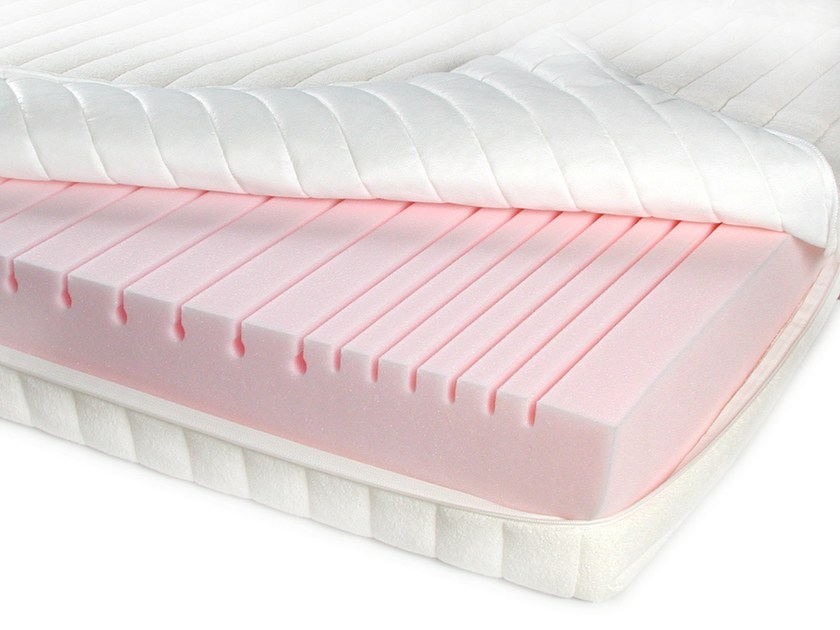
Understanding Off-Gassing and Its Impact on Your Health
 When it comes to designing the perfect bedroom, choosing the right mattress is crucial. After all, we spend a third of our lives sleeping, and a good mattress can greatly impact our overall health and well-being. However, many people are unaware of the potential dangers that come with certain types of mattresses, particularly those made with polyurethane foam.
Polyurethane foam is a widely used material in mattresses due to its affordability and comfort. However, this material is also known for its off-gassing properties, which can release harmful chemicals into the air. Off-gassing refers to the process of volatile organic compounds (VOCs) being released from the foam into the surrounding environment. These chemicals can then be inhaled or absorbed through the skin, leading to potential health issues.
When it comes to designing the perfect bedroom, choosing the right mattress is crucial. After all, we spend a third of our lives sleeping, and a good mattress can greatly impact our overall health and well-being. However, many people are unaware of the potential dangers that come with certain types of mattresses, particularly those made with polyurethane foam.
Polyurethane foam is a widely used material in mattresses due to its affordability and comfort. However, this material is also known for its off-gassing properties, which can release harmful chemicals into the air. Off-gassing refers to the process of volatile organic compounds (VOCs) being released from the foam into the surrounding environment. These chemicals can then be inhaled or absorbed through the skin, leading to potential health issues.
The Risks of Polyurethane Foam Mattress Off-Gassing
 The most concerning aspect of off-gassing from polyurethane foam mattresses is the potential health risks it poses. The VOCs released can cause a variety of health issues, ranging from minor irritation to more serious respiratory and neurological problems. Some of the common symptoms reported by individuals exposed to off-gassing include headaches, nausea, dizziness, and difficulty breathing.
One of the main chemicals released from polyurethane foam is formaldehyde, a known carcinogen. Prolonged exposure to formaldehyde can increase the risk of developing asthma, allergies, and even certain types of cancer. In addition, polyurethane foam also contains flame retardants, which have been linked to hormone disruption and developmental problems in children.
The most concerning aspect of off-gassing from polyurethane foam mattresses is the potential health risks it poses. The VOCs released can cause a variety of health issues, ranging from minor irritation to more serious respiratory and neurological problems. Some of the common symptoms reported by individuals exposed to off-gassing include headaches, nausea, dizziness, and difficulty breathing.
One of the main chemicals released from polyurethane foam is formaldehyde, a known carcinogen. Prolonged exposure to formaldehyde can increase the risk of developing asthma, allergies, and even certain types of cancer. In addition, polyurethane foam also contains flame retardants, which have been linked to hormone disruption and developmental problems in children.
Protecting Yourself and Your Family
 Fortunately, there are steps you can take to protect yourself and your family from the dangers of polyurethane foam off-gassing. First and foremost, it is important to do your research and choose a mattress made with natural and non-toxic materials. Look for mattresses that are certified organic and free from polyurethane foam, formaldehyde, and flame retardants.
If you already have a polyurethane foam mattress, there are a few things you can do to minimize off-gassing. First, ensure proper ventilation in your bedroom by opening windows and using fans. You can also place a mattress cover made from natural materials over your mattress to reduce the release of VOCs. Additionally, it is recommended to let a new mattress air out in a well-ventilated area for a few days before bringing it into your bedroom.
Fortunately, there are steps you can take to protect yourself and your family from the dangers of polyurethane foam off-gassing. First and foremost, it is important to do your research and choose a mattress made with natural and non-toxic materials. Look for mattresses that are certified organic and free from polyurethane foam, formaldehyde, and flame retardants.
If you already have a polyurethane foam mattress, there are a few things you can do to minimize off-gassing. First, ensure proper ventilation in your bedroom by opening windows and using fans. You can also place a mattress cover made from natural materials over your mattress to reduce the release of VOCs. Additionally, it is recommended to let a new mattress air out in a well-ventilated area for a few days before bringing it into your bedroom.
In Conclusion
 While polyurethane foam mattresses may be popular for their affordability and comfort, it is important to be aware of the potential dangers of off-gassing. By choosing a natural and non-toxic mattress and taking necessary precautions, you can ensure a safe and healthy sleep environment for you and your family. Don't compromise on your health when it comes to designing your dream bedroom.
While polyurethane foam mattresses may be popular for their affordability and comfort, it is important to be aware of the potential dangers of off-gassing. By choosing a natural and non-toxic mattress and taking necessary precautions, you can ensure a safe and healthy sleep environment for you and your family. Don't compromise on your health when it comes to designing your dream bedroom.



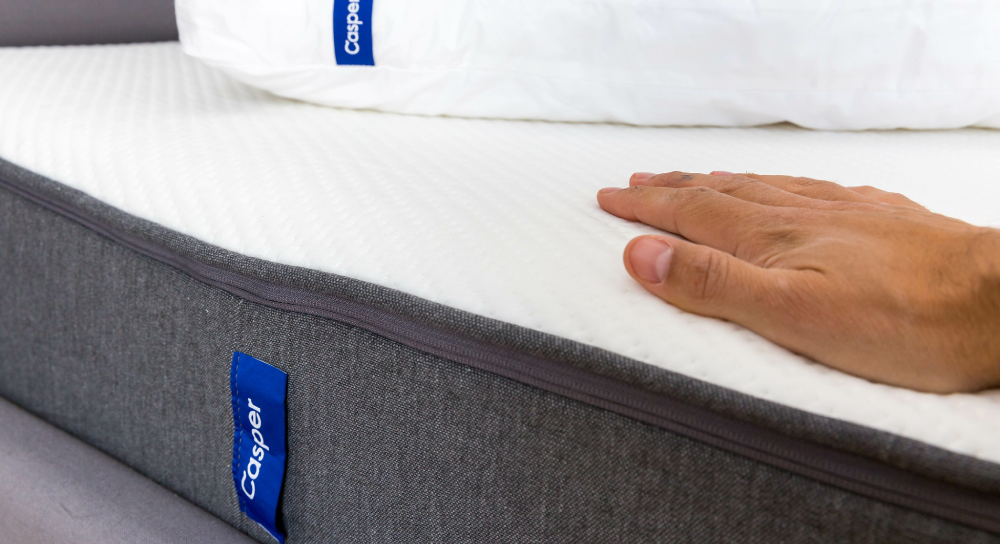

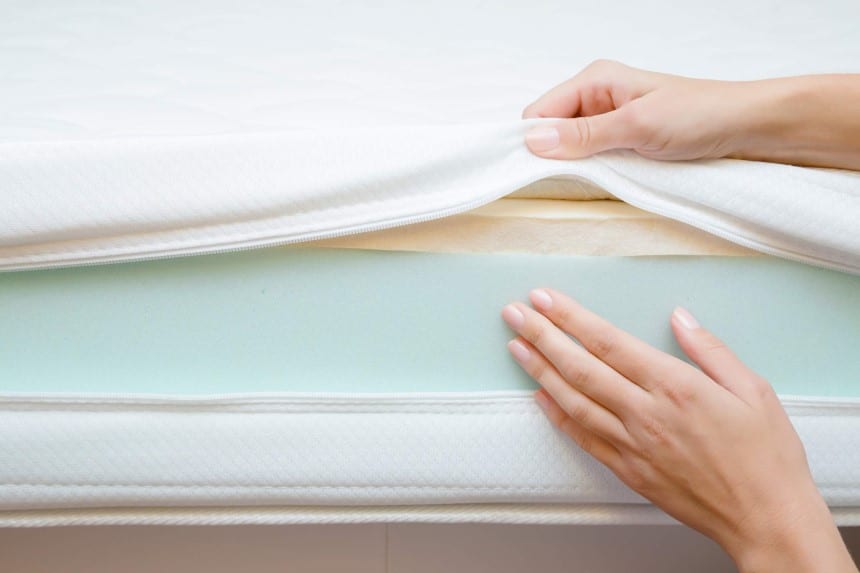

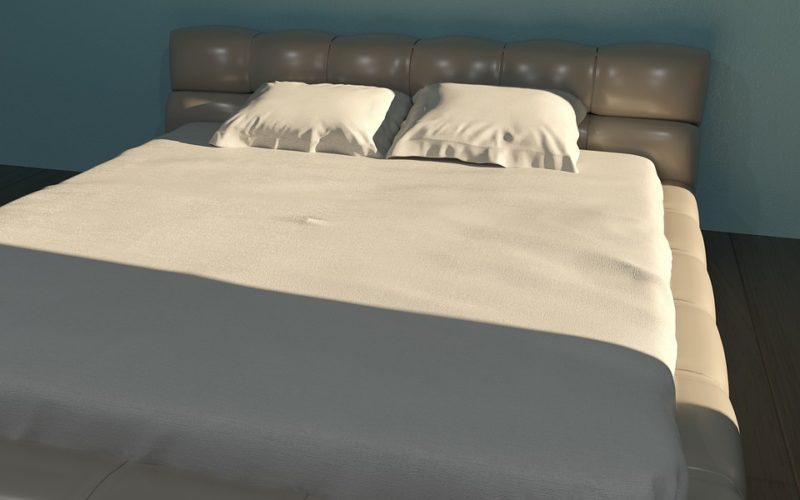



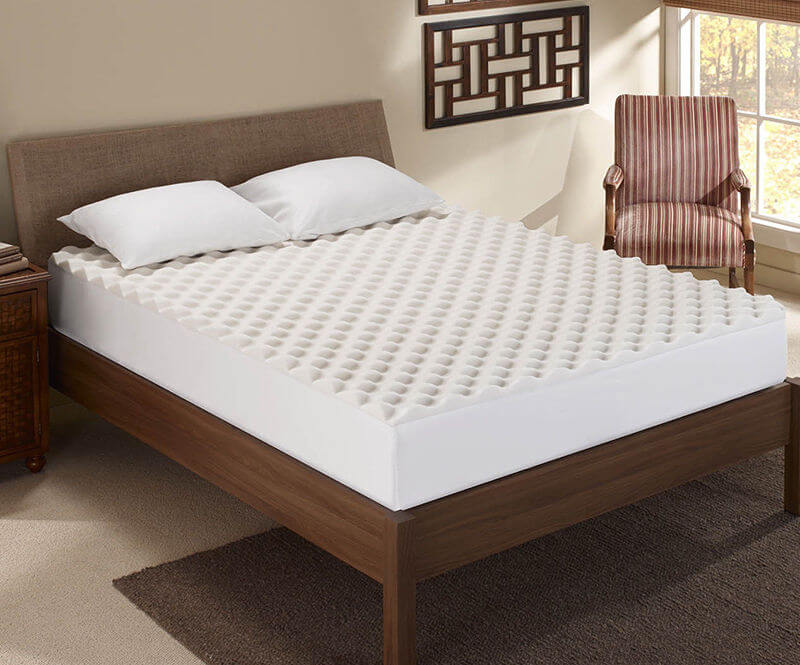



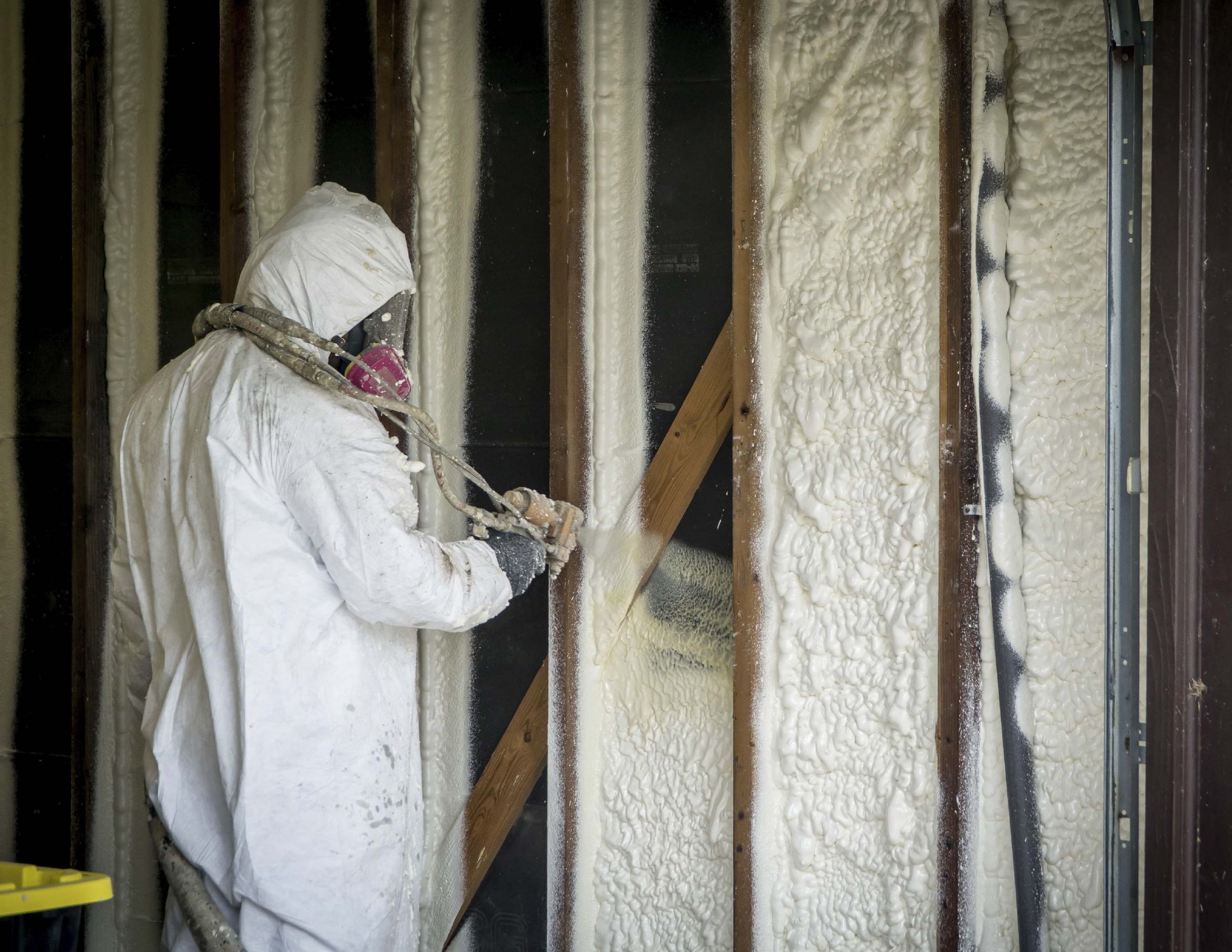



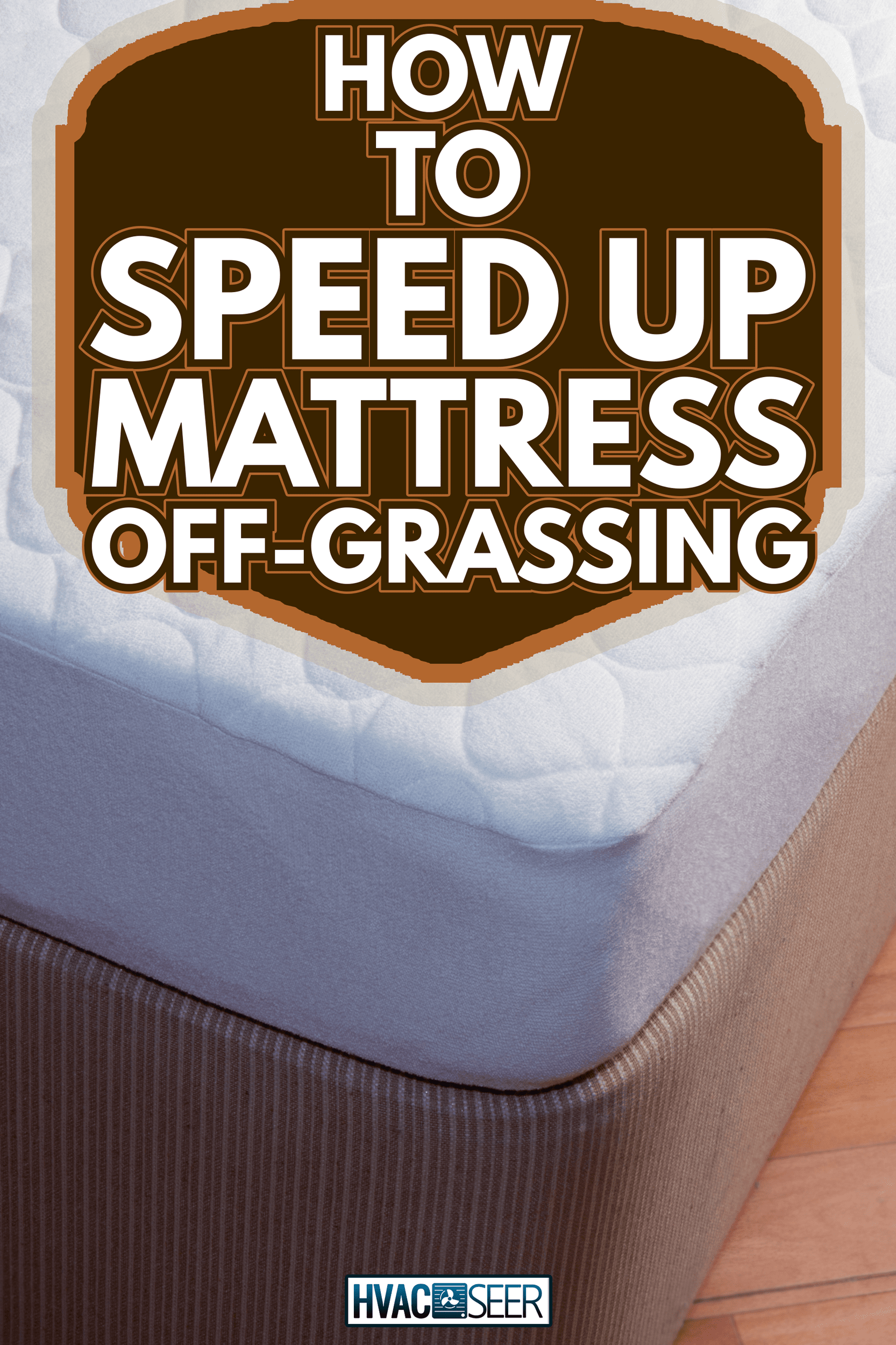
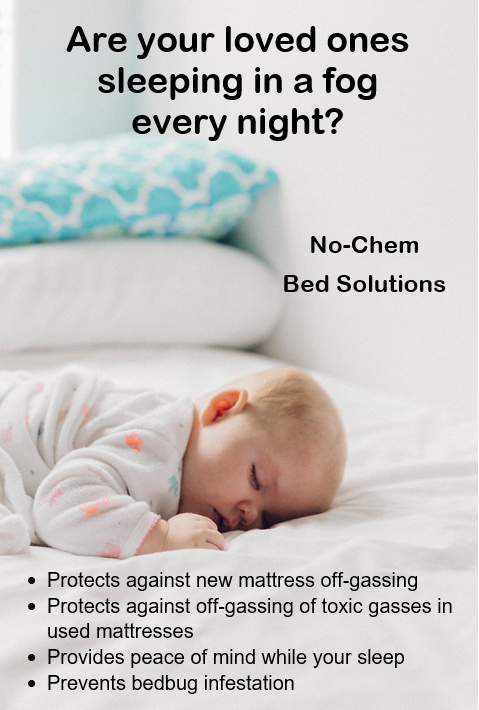

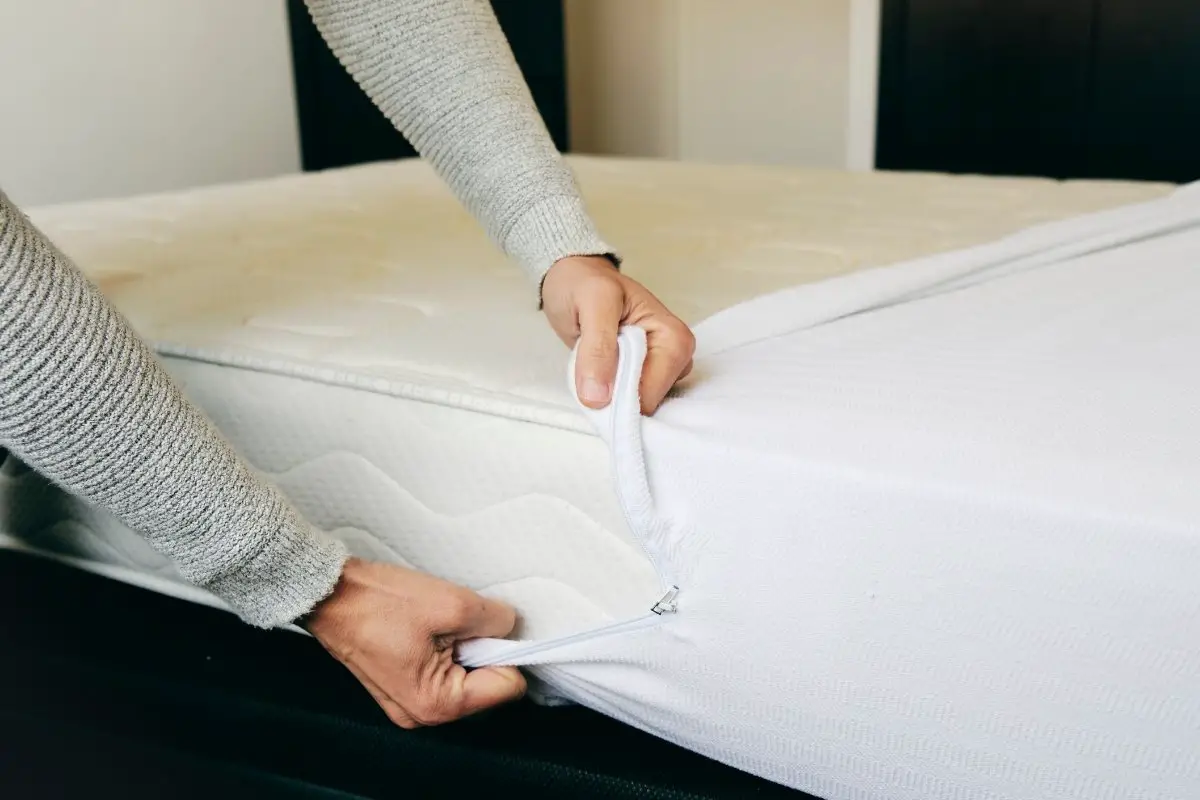










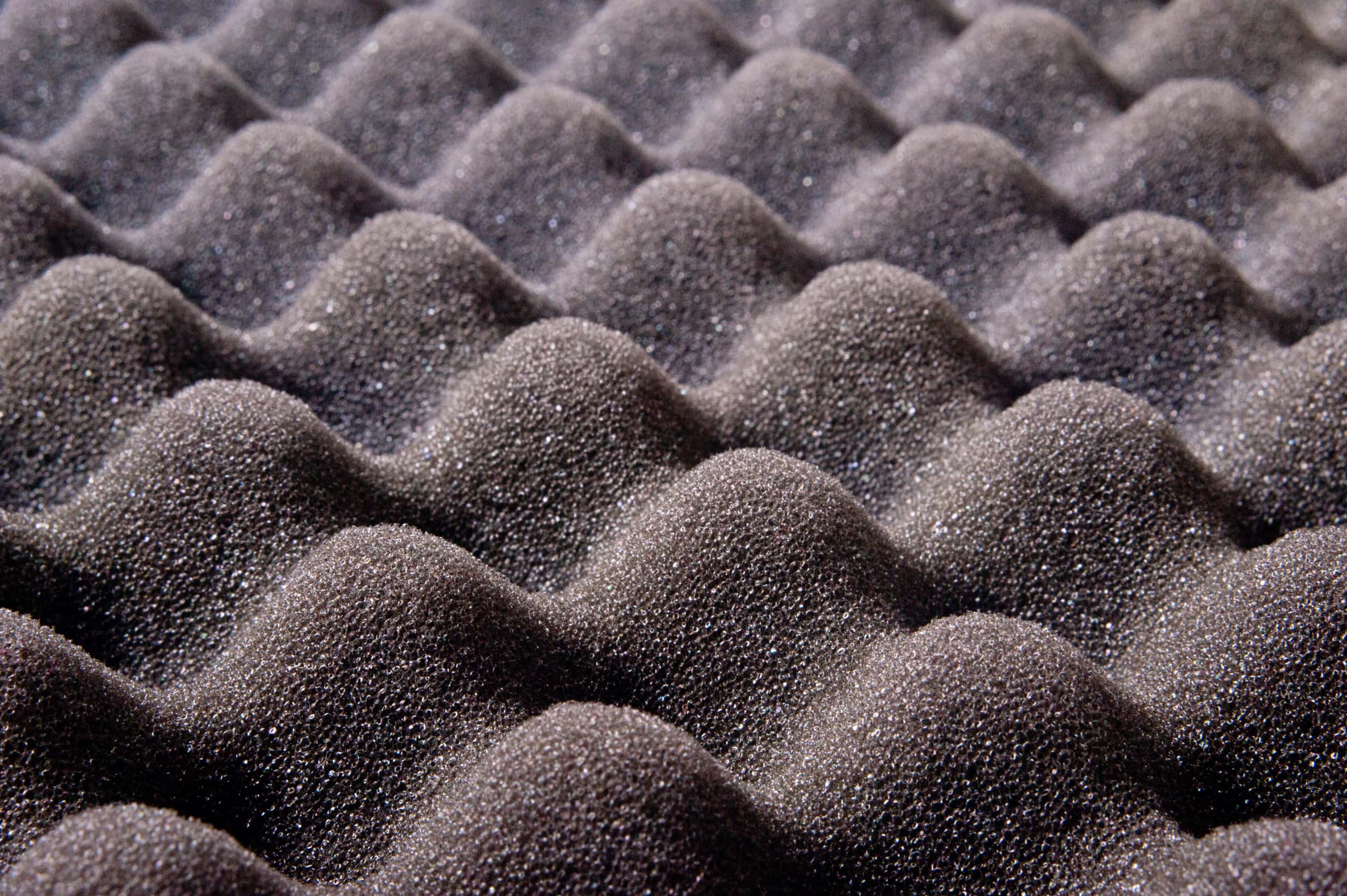






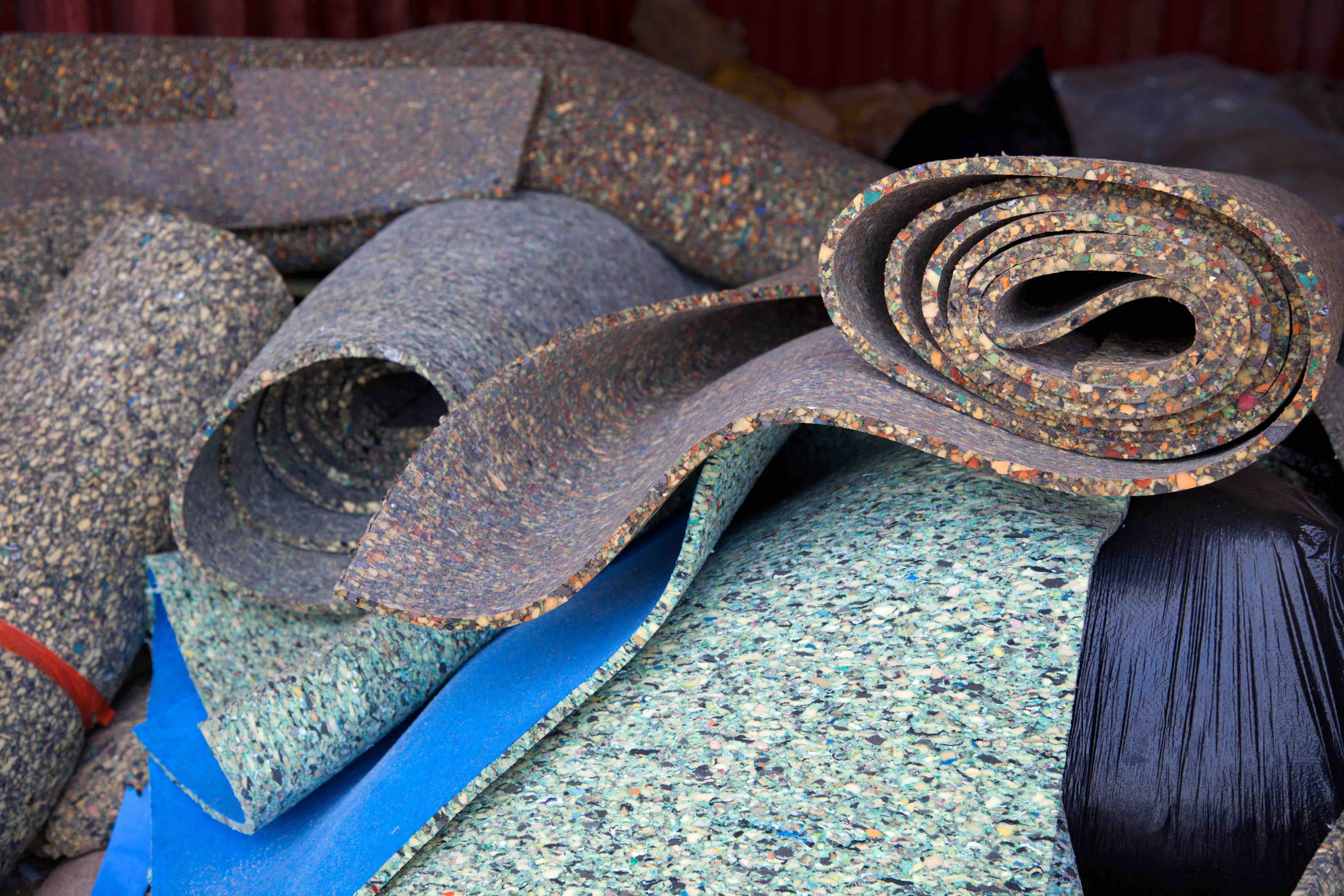







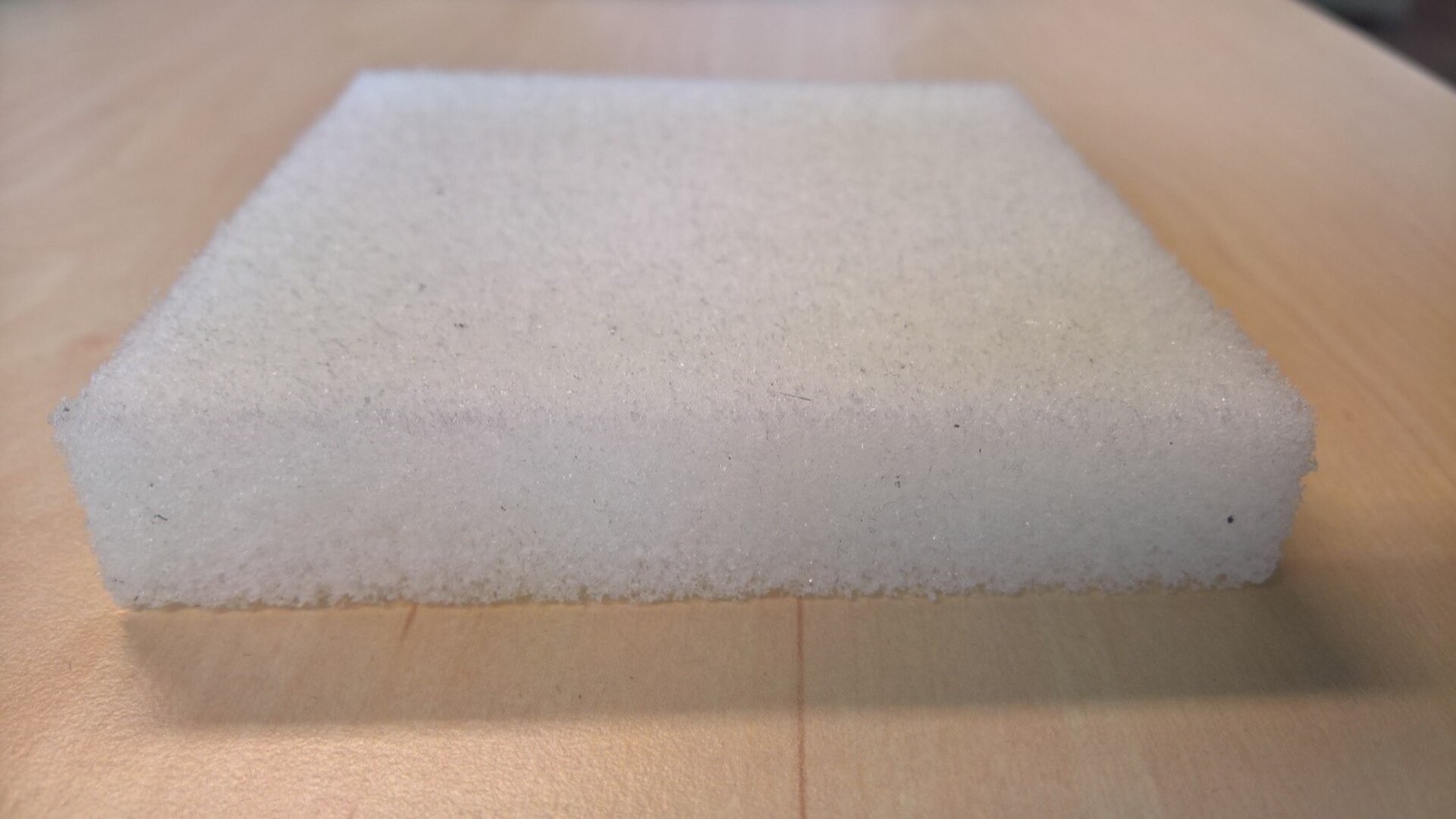
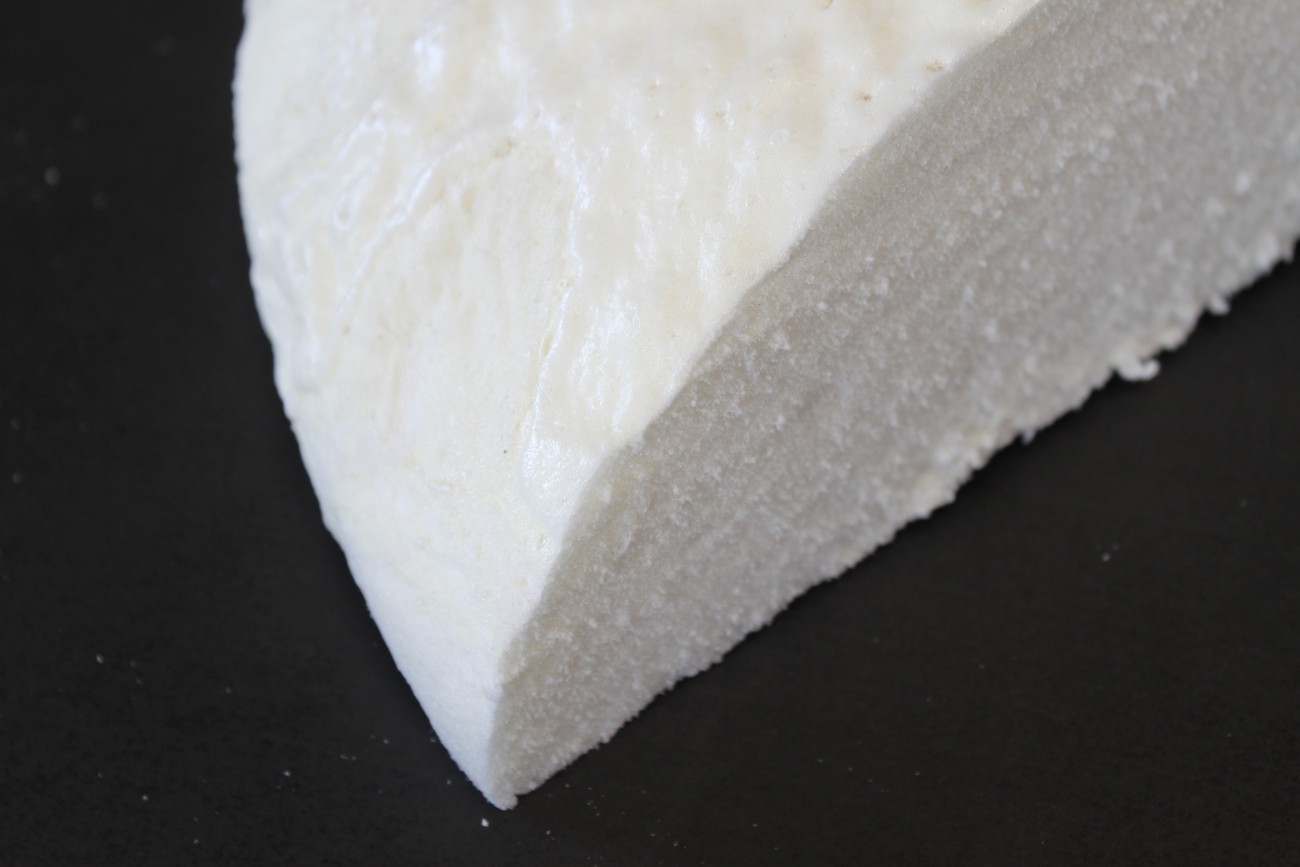



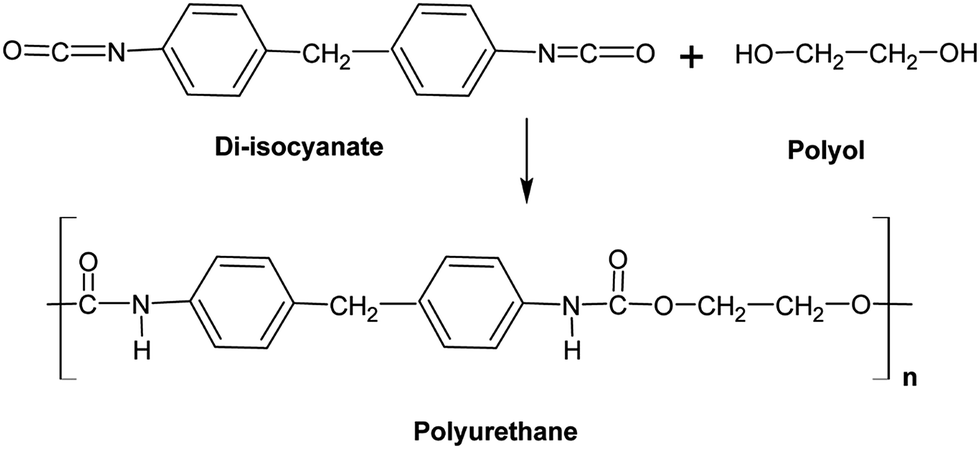
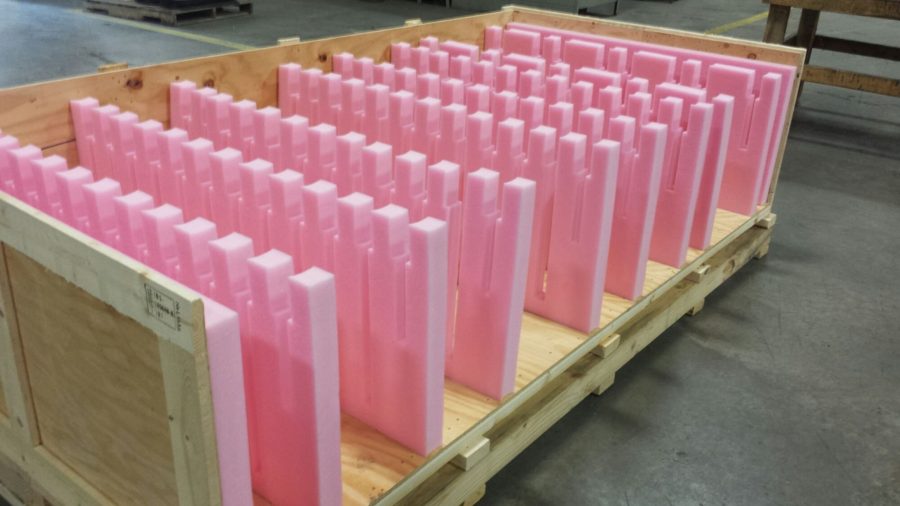
.png)


